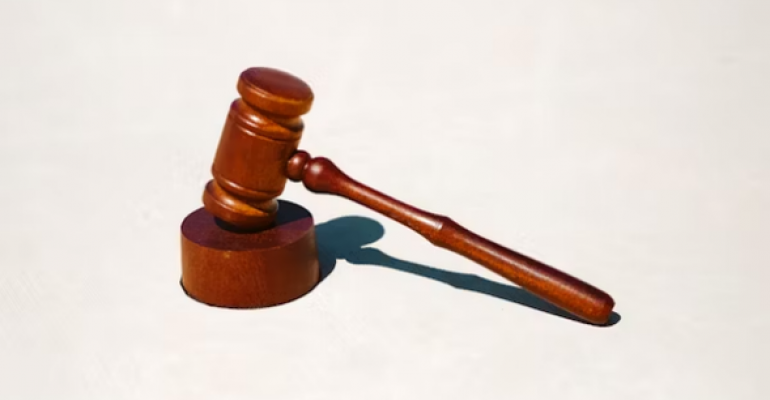
On whose authority?
This is a big story, not least because of its impact upon Jews in Germany, with all the associations that stirs up. However, what caught my attention was the different authorities to which the two protagonists on the radio appealed. (In the end, it always comes down to where we understand authority to really lie.) The one who was hostile to circumcision said that there was “no expiation for it.” I think he meant “explanation” but his verbal slip provided an interesting theological angle! (There was also the interesting aside that the Queen had princes Charles, Andrew and Edward circumcised, but that is apropos of nothing.) But he then went on to make statements along the lines of, “Circumcision only happens because of the authority given by time and religion,” and when pressed as to whether circumcision was actually harmful said, “Well, there is significant evidence that it reduces sexual pleasure.”
Now, we know that “in Christ Jesus neither circumcision nor uncircumcision counts for anything” (Gal 5:6). What is interesting here, though, is that sexual pleasure is seen to possess greater authority than time or religion. Whether one agrees with Piper or Wright – or neither – at the very least the ethnic and cultural cohesiveness of the Jewish people over the course of 4,000 years is a matter of wonder. Objectively, then, it might seem that time and religion do possess an authority which perhaps has a greater claim to be heard than the contemporary obsession with sexual technique.
It wasn’t the point the contributor was trying to make, but what was revealed once more was the way in which sexual pleasure has become the defining authority in our culture. And that, on so many levels, is troubling.